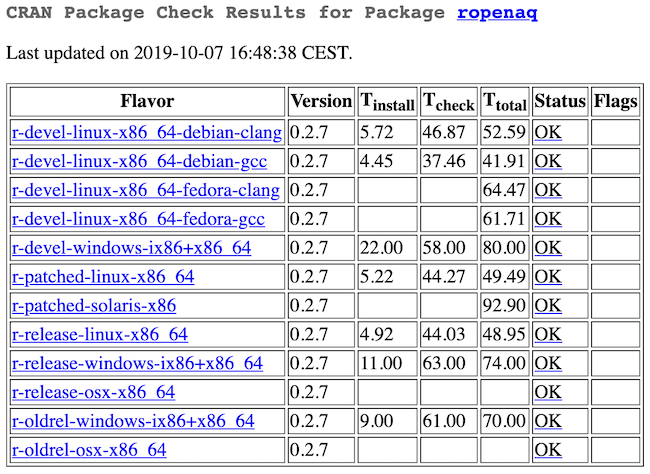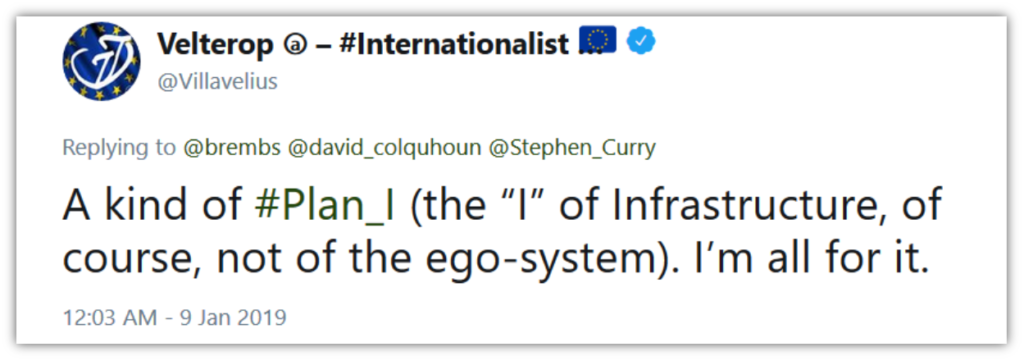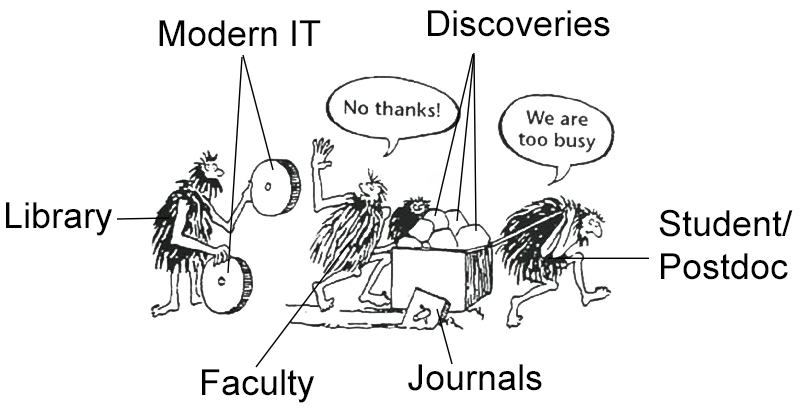
Vannevar Bush gave us the most consequential, imaginary conceptualization of a machine for research infrastructure for the 20th century (Memex) and was one of the prime movers in the creation of the National Science Foundation (NSF) – a superb, if flawed, administrative research infrastructure. Superb: blue sky research; flawed: in some areas it’s been invaded by people representing particular schools of research and excluding others.



